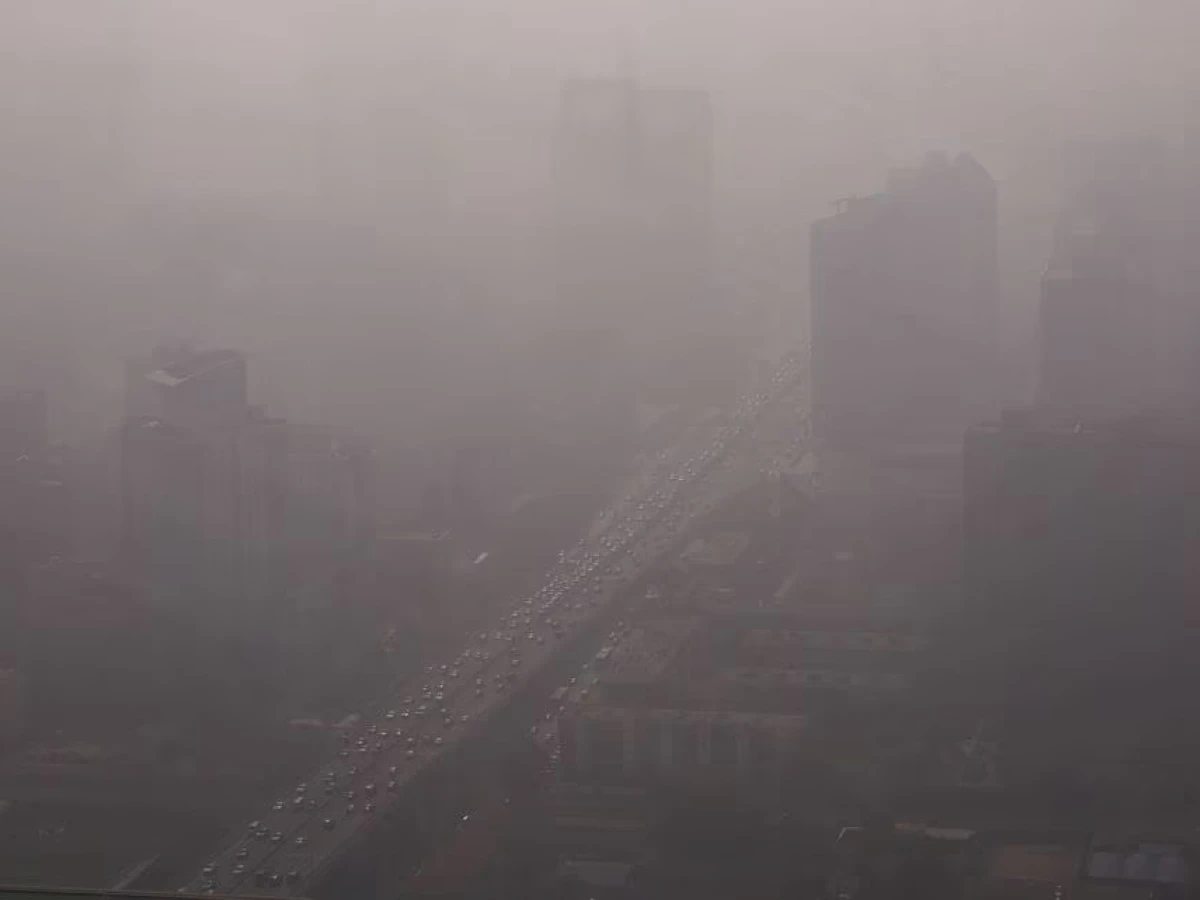
Haze lingers in Beijing as fog blankets parts of north China
The average temperature for the month was second highest in 62 years, after 2006's record.
BEIJING, Nov 1 (Reuters) - Hazy weather hung over Beijing on Wednesday with conditions in other parts of north China possibly worsening, forecasters said, although cold air sweeping in from the northwest is expected to help dissipate the smog.
Experts attributed the haze in Beijing, which has lasted for several days, to poor atmospheric diffusion because of unseasonably weak cold air currents from the north.
Visibility in most parts of Beijing dropped to less than 500 metres (546 yards), the China Meteorological Administration said.
"I didn't expect the smog to be so bad these days. The masks I've brought are almost used up," said a 24-year-old Beijing tourist surnamed Gao.
In some places, heavy winter fog was adding to the murky conditions and visibility was less than 50 metres in parts of Hebei province and Tianjin city.
Moderate to heavy air pollution was expected in the Beijing-Tianjin-Hebei area and surrounding cities until Thursday, with short bouts of severe conditions, the environment ministry said after a meeting of its agencies.
While the north of the region will improve in the first half of this month, pollution may persist in southern areas, it said.
"The overall environment is getting better these years but in recent days the smog has come back. We're not sure what's exactly causing it," said an 82-year-old Beijing resident surnamed Liu.
Temperatures were unusually similar to early summer, with some places recording 10 degrees Celsius above normal and likely to persist until Thursday, forecasters said, adding that records are likely to be broken in big cities such as Jinan, Zhengzhou and Shijiazhuang.
Beijing's observatory in the last ten days of October recorded an average temperature for 3.4 degree Celsius higher than normal, breaking records for the same period since 1961, local media said.
The average temperature for the month was second highest in 62 years, after 2006's record.
But from Thursday night, cold air is expected to push temperatures lower, possibly to new lows.




